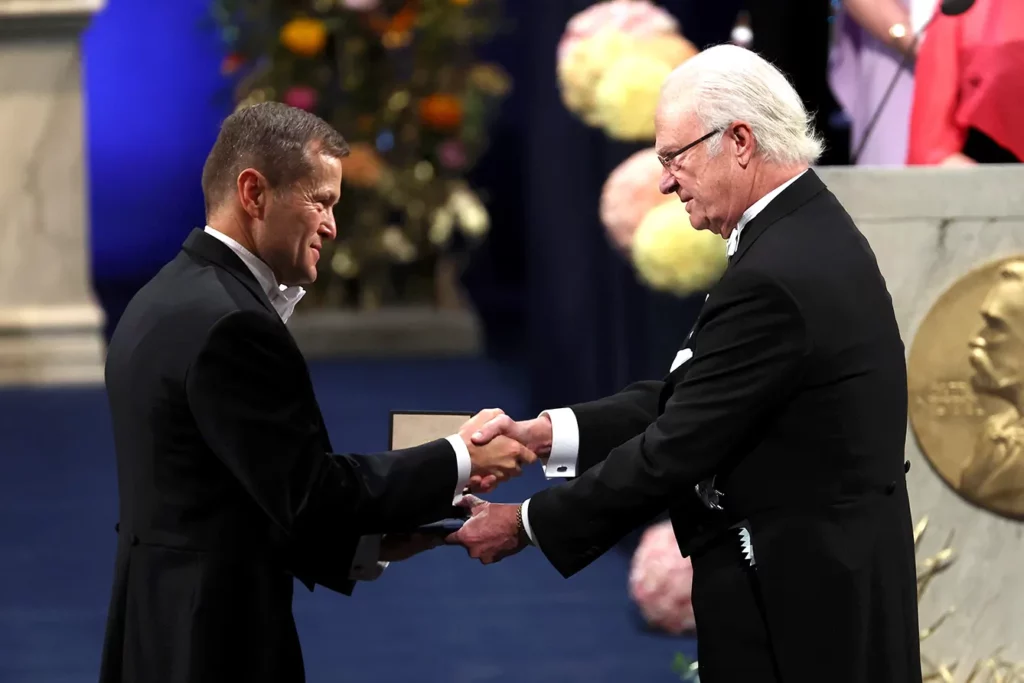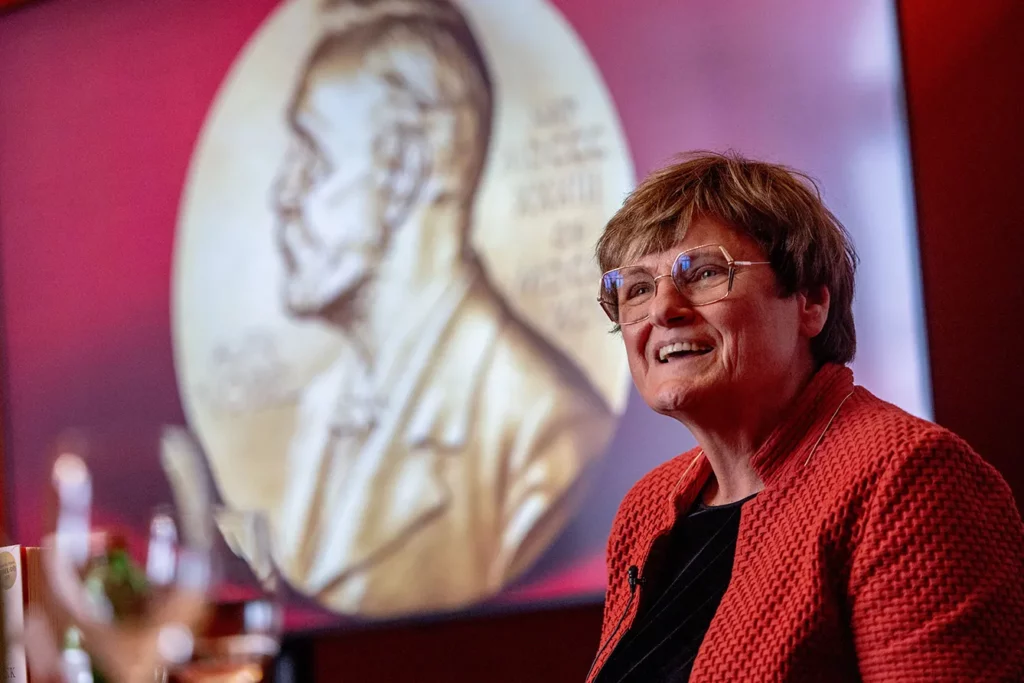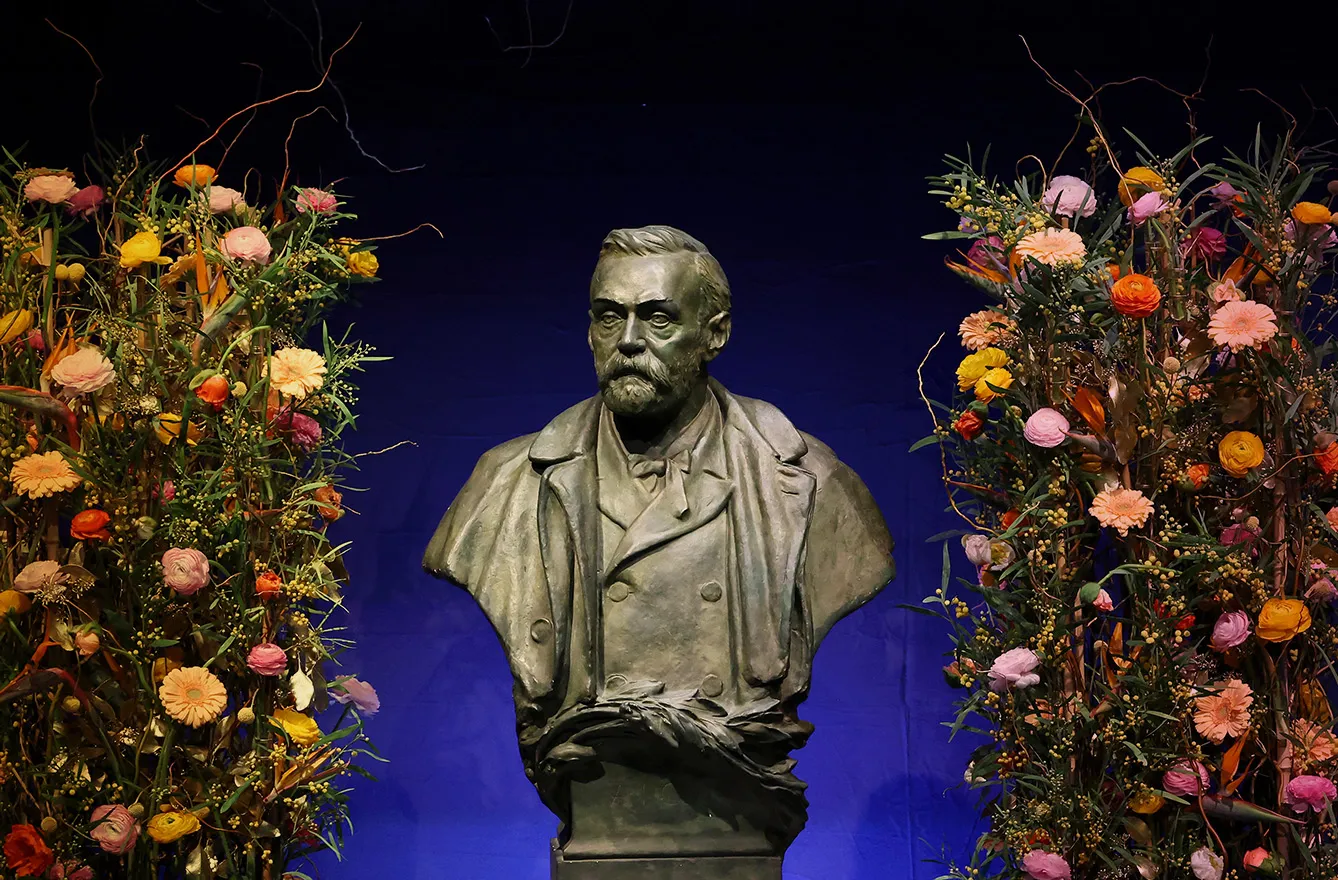Two Hungarian scientists will receive the award at the Nobel Prize ceremony in December. Ferenc Krausz was awarded in physics for work on ultra-fast pulses. Katalin Karikó received the Nobel in Medicine for her discoveries concerning nucleoside base modifications that enabled the development of mRNA vaccines against COVID-19. Both scientists have dual citizenship (Krausz is also Austrian, and Karikó – is American), but their distinction has become a source of pride for the whole country. Hungarian President Katalin Novák called the awards to them an “outright miracle” and stressed that both – although working abroad – “are Hungarians with a Hungarian mindset.” This is a clear signal of how important these awards have proved to the country as a whole.


Not only for Hungarians – for virtually every country in the world, receiving a Nobel Prize, which was established in 1901, is a source of pride. As the 20th century was very turbulent in the countries of Central Europe, with frequent border changes, the nationality and citizenship of many inhabitants of the region are still a cause for debate to this day. But there is no doubt that at least 43 representatives of the Three Seas Initiative states have been awarded this prize. Many others have Central European roots. Many of them have a track record of genuinely ground-breaking achievements on a global scale. Who is most memorable?
The road to the Nobel Prize
The trouble with a clear national classification of individual Nobel laureates is shown, for example, by the biography of Elie Wiesel. This 1986 Peace Prize winner was born on Romanian soil in 1928 and lived in Romania until 1944. Yiddish was spoken in his home, but also Romanian, Hungarian, and German. However, Wiesel himself moved to France shortly after the Second World War, then to the United States. He wrote 57 books in his lifetime, but the vast majority of them in French and English. He became a professor at Boston University; in 2003, the Los Angeles Times called him “the most important Jew in America.” It is difficult to consider someone like that as a Romanian. Besides, in official biographies, he is presented as an American of Romanian origin.
There are more examples of similar biographies. Shimon Peres and Menachem Begin – two Nobel Peace Prize winners – were born on the territory of present-day Poland but received their awards as Israelis (though formally Begin, even as the prime minister of Israel, continued to have Polish citizenship, he was the only politician in Knesset kissing women’s hands – very Polish habit). Herta Müller was born in Romania and lived in this country for the first 35 years of her life – but she led her life as a member of the German national minority, wrote in this language from the very beginning, and has lived in Germany since 1987. Müller can hardly be considered a representative of any other nationality than German.
The same is true of a married couple of scientists: Carl Ferdinand Cori and Gerty Theresa Radnitz-Cori. Both were born in Prague in 1896, which at the time was part of the Austro-Hungarian Monarchy – but the couple moved to the United States almost immediately after graduation and worked there successfully (medical Nobel Prize in 1947 for the discovery of lactic acid cycle, so-called Cori cycle) for the rest of their lives. Their Czech roots are only apparent in the entry for place of birth.
Austria collected the most Nobel prizes among the 13 Three Seas Initiative countries. At least 19 awards were presented to people with links to the country, although a part of them were born in the Austro-Hungarian Monarchy that broke up into a number of independent countries after the First World War. This includes figures such as Karl Landsteiner (Nobel in Medicine for distinguishing main blood groups), Erwin Schrödinger (Nobel for Physics in 1933 – later he moved to Ireland), Friedrich Hayek (Nobel Prize for Economics in 1974, he worked mainly in Great Britain and United States), or Richard Kuhn (Nobel for Chemistry in 1938 – Kuhn refused to accept it because he did not want to legitimize the German Third Reich, which had annexed Austria, and only received the prize after the war). These few examples show how much the biographies of the laureates of this prestigious award were influenced by the winds of history blowing particularly strongly in this region of Europe in the 20th century.
Kertész, von Suttner, Skłodowska-Curie and others
Poland and Hungary received the most honors from the Swedish Academy of Sciences among the Central European countries that fell into the Soviet sphere of influence after the Second World War. In the case of Poland, there are eight awards, and in the case of Hungary, seven (including the 2023 awards). However, there are more people of Polish or Hungarian descent among the Nobel laureates. The statistics just presented do not include, for instance, Dennis Gabor – a Budapest-born physicist who worked most of his life in the UK and invented holography there, for which he was honored in 1971. It also omits the physicist Jozef Rotblat, who was born in Warsaw but rose to fame in the United States, where he worked in the team in Los Alamos on the first atomic bomb and later (horrified by the consequences of this discovery) took up peace activism. It was for this that he was awarded the Nobel Prize in 1995 – but he had already been using a British passport for several decades by then.
Among the Polish and Hungarian laureates, there are many who have made a strong mark on the world. For example, Imre Kertész, a writer and the author of “Fatelessness,” a semi-autobiographical book about a 14-year-old Hungarian Jew’s imprisonment during the war in the Auschwitz and Buchenwald concentration camps. Or Lech Wałęsa, the leader of the “Solidarity” movement, which led to the collapse of communism in Central Europe. Or Albert Szent-Györgyi, a Hungarian physicist who first isolated vitamin C (ascorbic acid). Or Maria Skłodowska-Curie, a Pole who was the first woman to receive the Nobel Prize and the first person to receive two Nobel Prizes in two different areas of science (physics and chemistry). Each of these individuals enjoys a worldwide reputation and esteem.
Other countries in the region also boast their own winners. The Czech Republic has four (including Bertha von Suttner, the second woman to win the Nobel Prize), Romania and Greece have two each, and Estonia has one. “I intend to leave after my death a large fund for the promotion of the peace idea, but I am skeptical as to its results,” said Alfred Nobel about establishing The Nobel Foundation. The achievements of Nobel laureates from Central Europe mean that this skepticism should be lessened.







